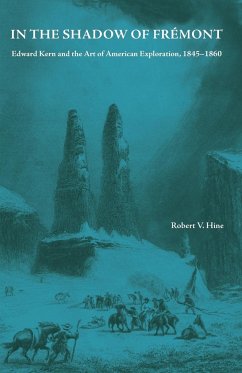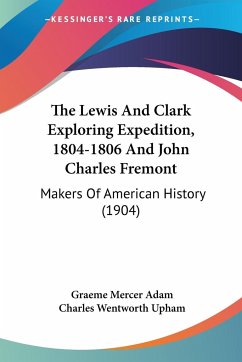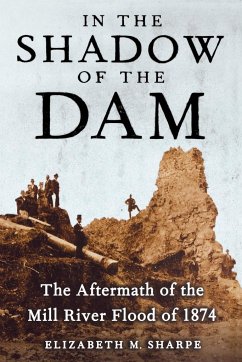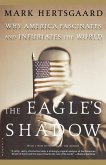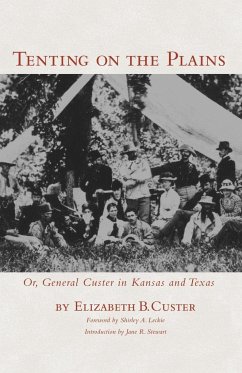When first published under the title, Edward Kern and American Expansion, Ray Allen Billington called this book "one of the most readable, pleasant, exciting books about the West that I have ever known," and Allen Nevins called it "a contribution of the first importance to Western History." This absorbing account has become a classic, indispensable to understanding America's inexorable drive westward to the Pacific-and beyond. This second edition provides a new preface, additional maps and illustrations, and a revised bibliographical essay. In 1845, Edward Meyer Kern, a native Philadelphia and a promising young painter, joined John Charles Frémont on his Third Expedition to the West. Kern would serve as the famed explorer's artist, topographer, and cartographer. On the arduous journey through Nevada to Monterey, he mapped routes that the settlers would follow west. When the expedition became embroiled in the struggle for California and the United States went to war against Mexico, Kern was placed in command of Fort Sutter. Through all the turmoil he continued to paint, producing remarkable scenes of America's western territories. Kern persuaded his brothers Benjamin and Richard to join him on Frémont's disastrous Fourth Expedition to seek a railroad route to the Pacific. Later Edward served in the U.S. Navy on the Ringgold-Rodgers and Brooke expeditions to Japan, Siberia, and various Pacific islands and helped prepare the first accurate charts of the sea-lanes to China. His enthusiasm, dedication, and skill with pen and brush helped Kern elevate the art of American exploration. Robert V. Hine, Emeritus Professor of History in the University of California, Riverside, is the author of Community on the American Frontier: Separate But Not Alone and The American West: A New Interpretive History.
Hinweis: Dieser Artikel kann nur an eine deutsche Lieferadresse ausgeliefert werden.
Hinweis: Dieser Artikel kann nur an eine deutsche Lieferadresse ausgeliefert werden.

